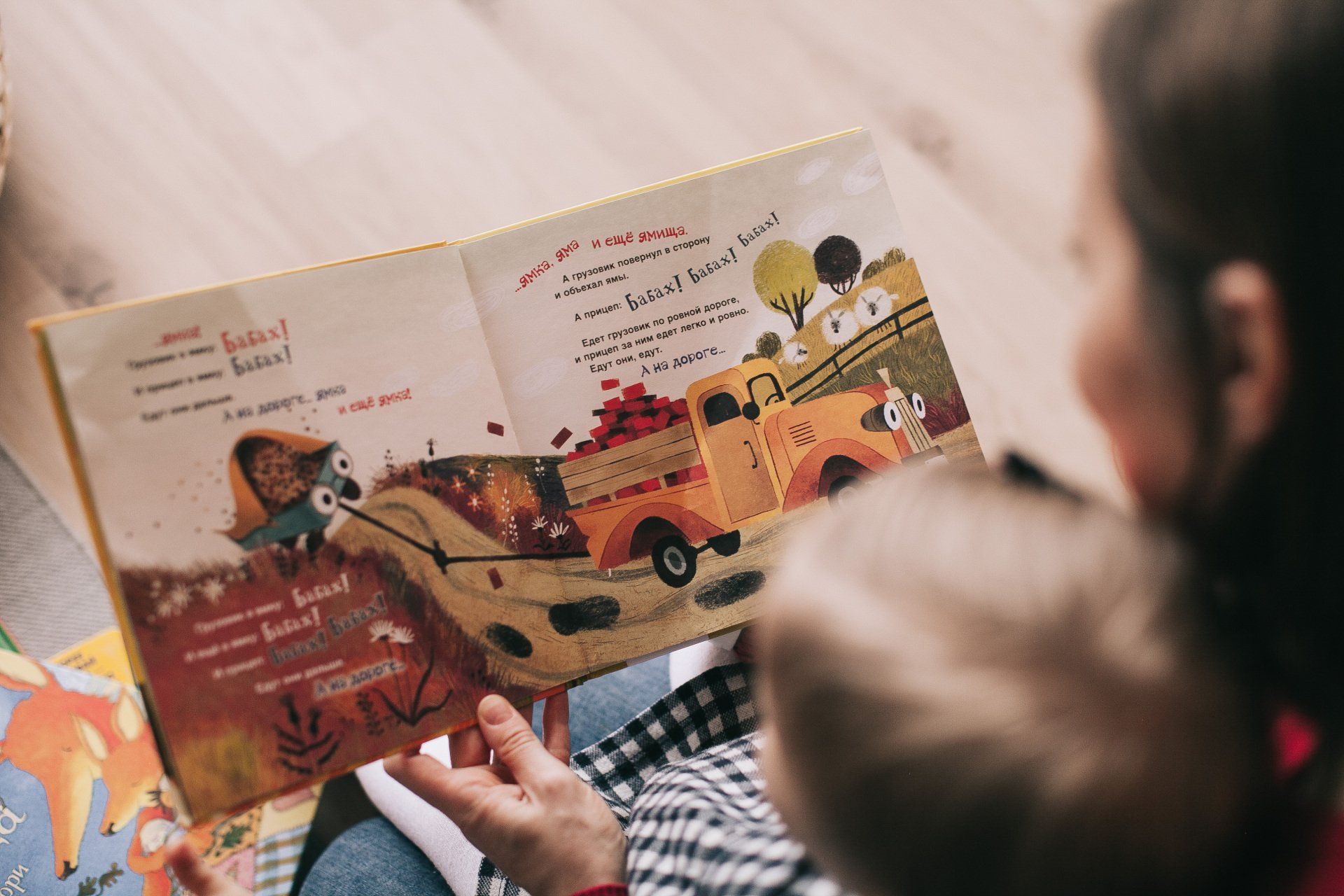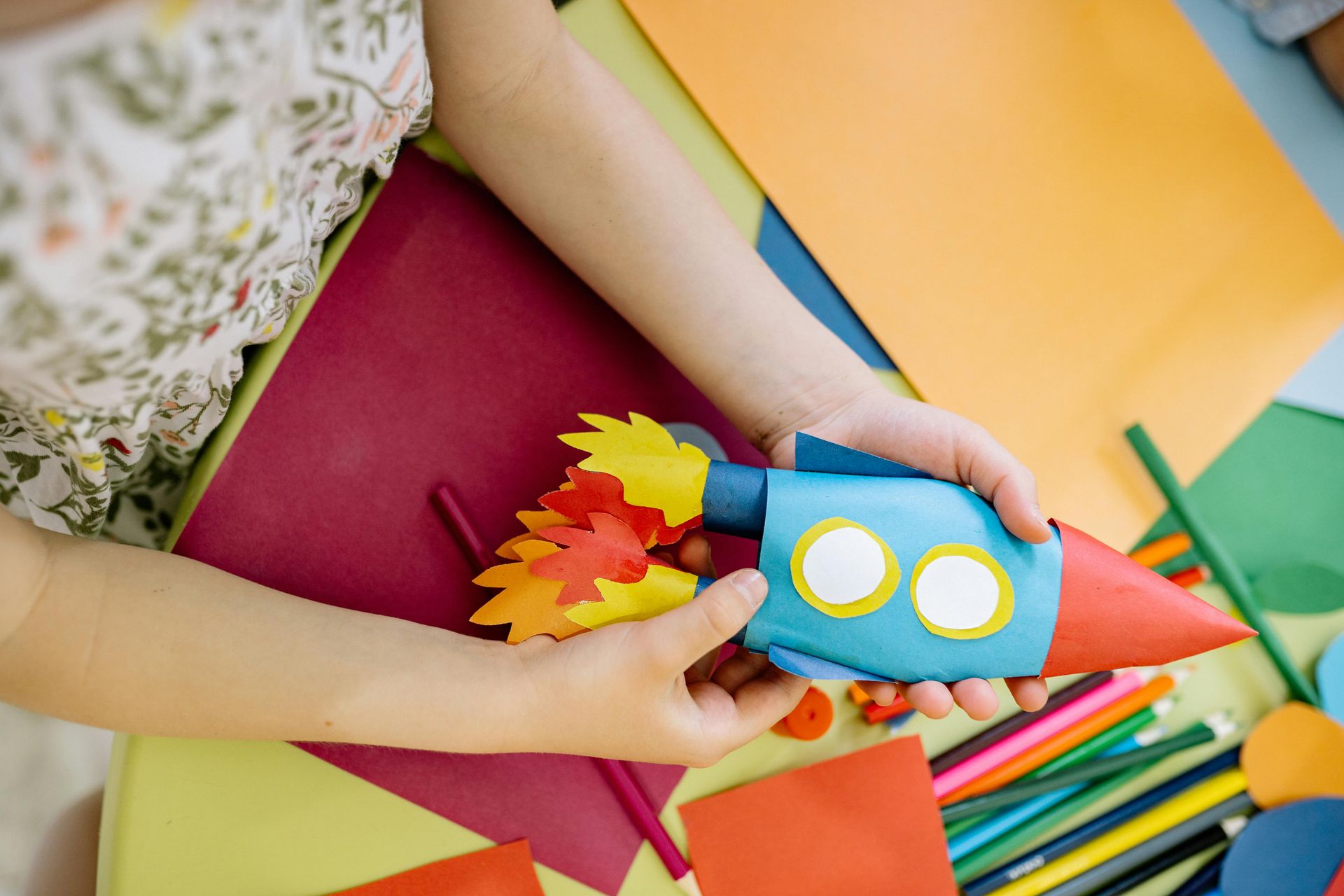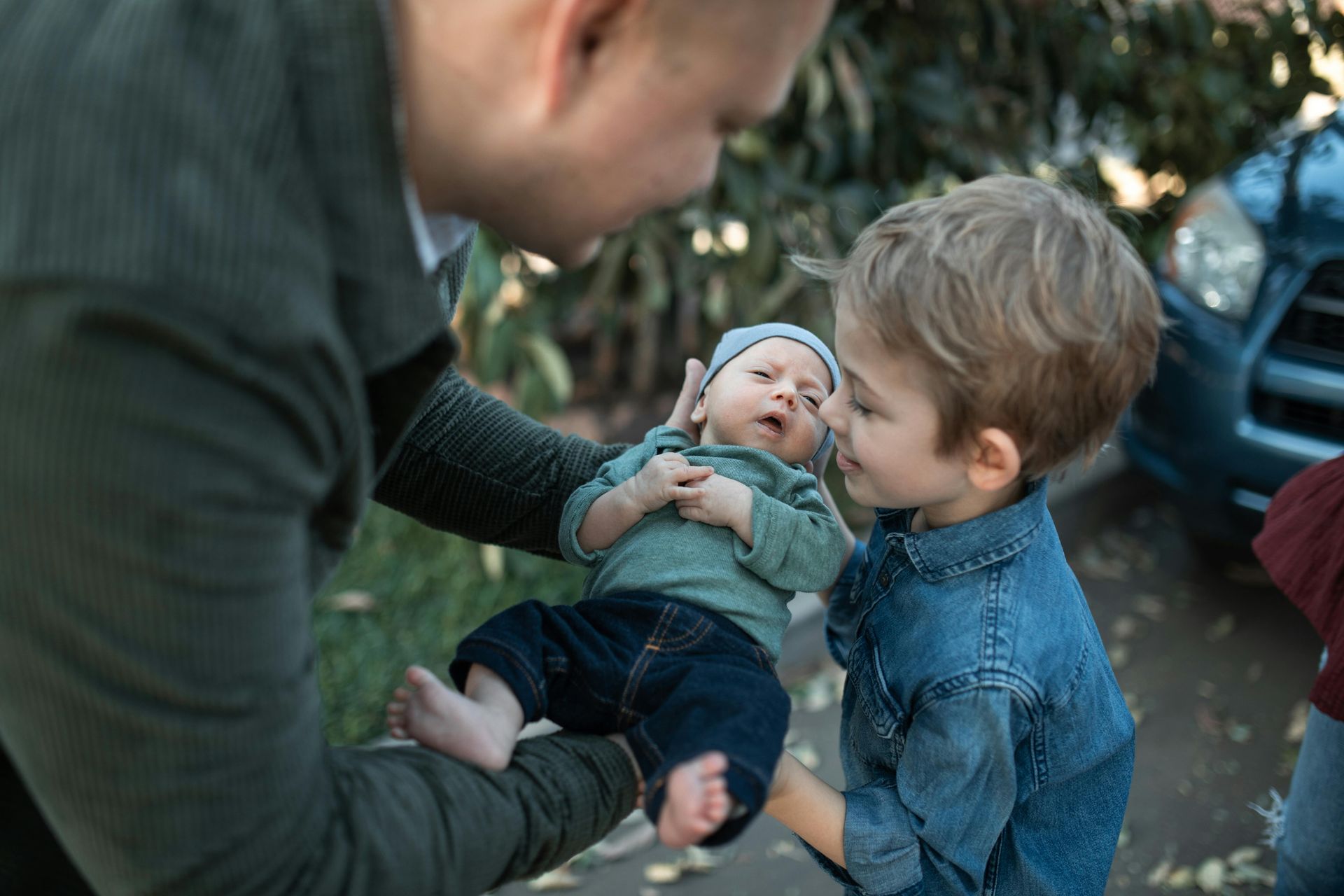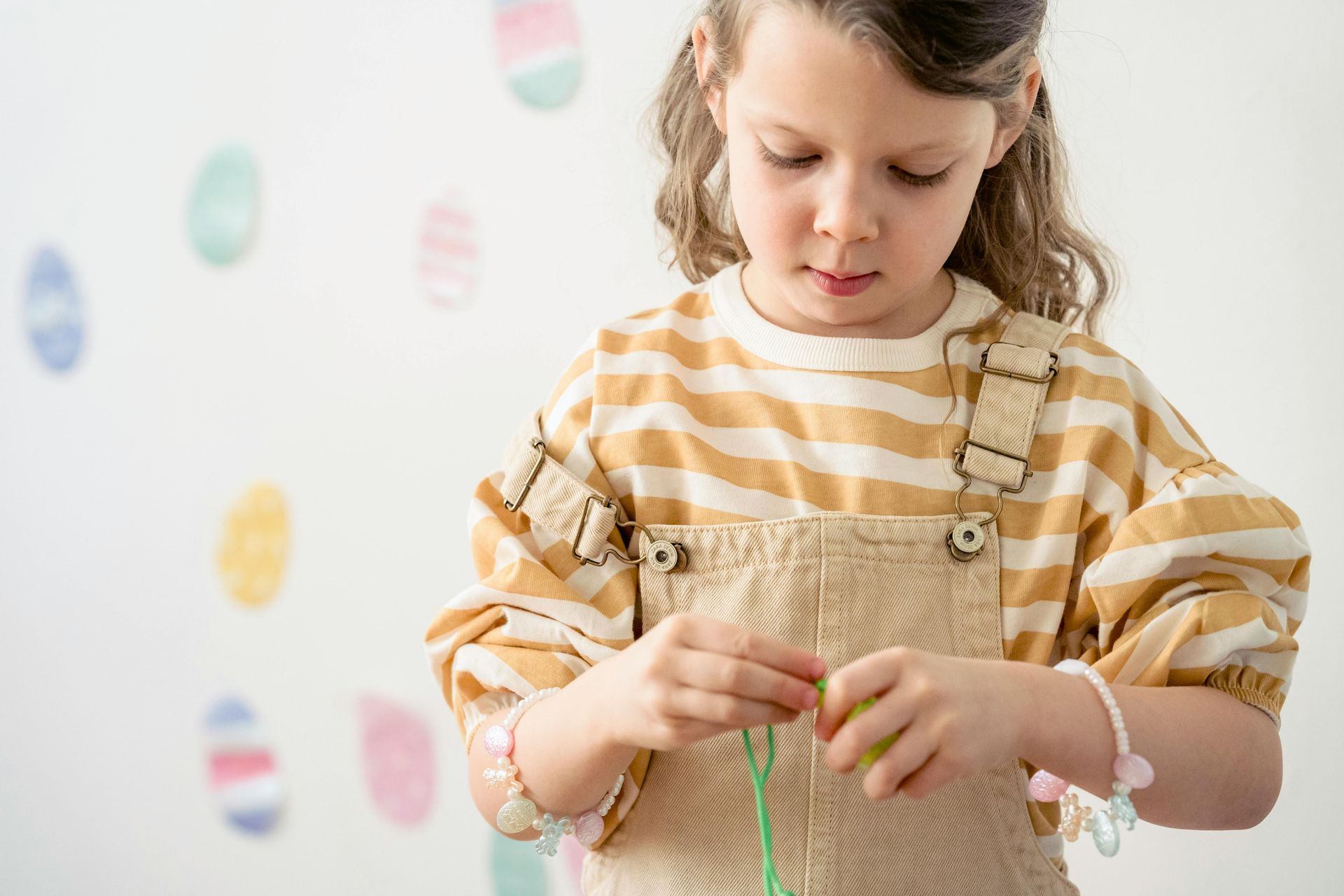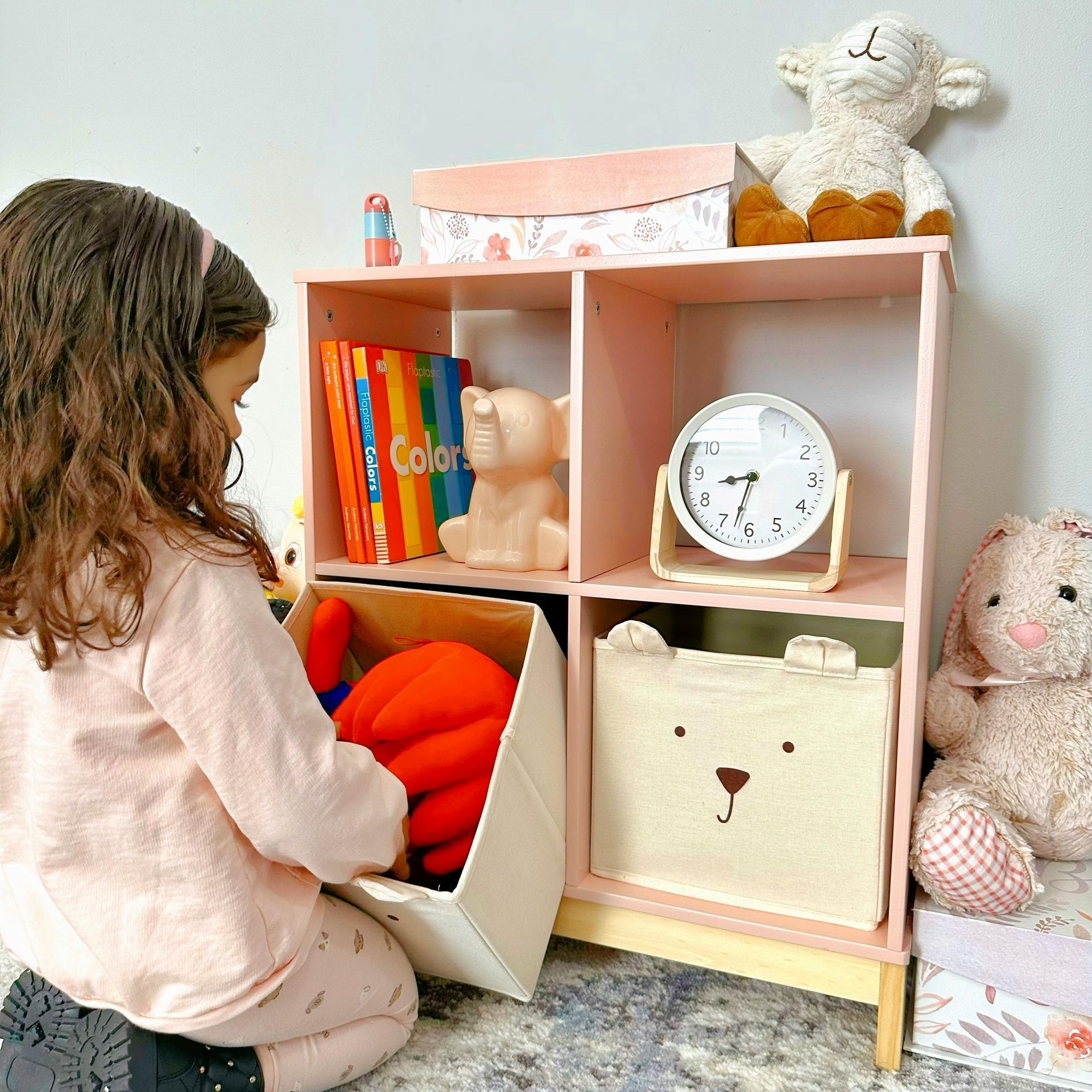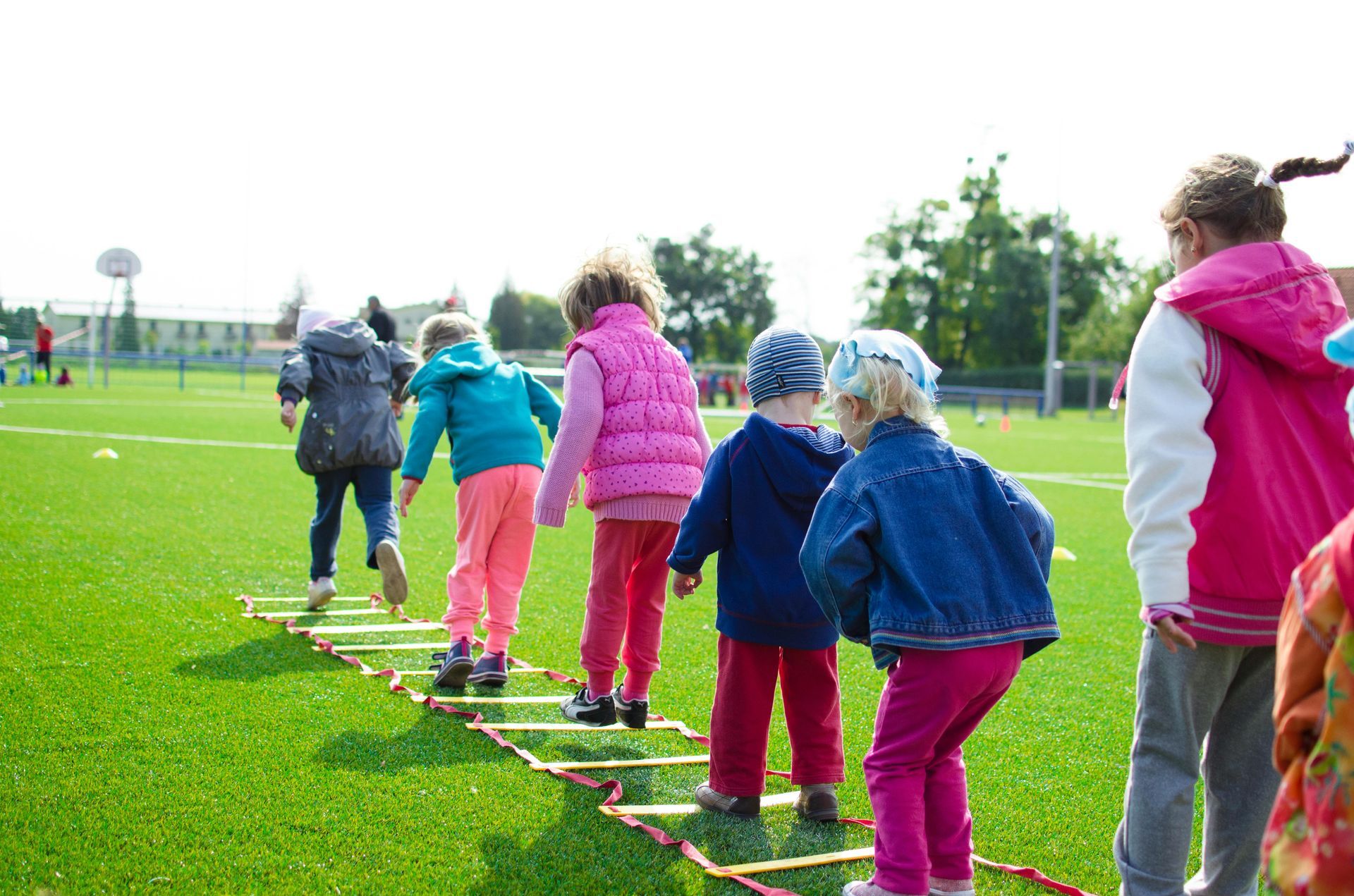Creating a Lifelong Love for Learning: The Importance of Early Childhood Education

The foundation for a successful academic journey begins long before children enter elementary school. Early childhood education plays a crucial role in shaping young minds and setting the stage for future success. At Early Education Station Orlando, we believe that the early years are not only formative but transformative. In this blog post, we will explore the significance of early childhood education and how it fosters a love for learning that lasts a lifetime.
Why Early Childhood Education Matters
Early childhood education is more than just preparing children for school; it is about equipping them with the essential skills and emotional foundation needed to navigate life’s challenges. Research has shown that the first five years of a child’s life are critical for brain development. During this time, children’s brains form the connections and pathways that will shape their learning experiences throughout their lives.
Let’s take a deeper look at why early childhood education is so important and how it impacts children’s long-term development:
1. Brain Development and Cognitive Growth
During the early years, a child’s brain is rapidly developing. Early childhood education helps children strengthen the neural connections that are essential for learning. From understanding basic concepts to developing problem-solving skills, the early education children receive plays a critical role in shaping their cognitive abilities.
Example: Activities such as counting, recognizing letters and numbers, or sorting shapes help young children build essential academic skills. These foundational skills create a solid framework for learning in the later years of education.
How it Helps: Early childhood education provides a structured environment that encourages children to explore, experiment, and engage with new information, stimulating cognitive growth and laying the groundwork for academic success.
2. Social and Emotional Development
In addition to academic skills, early childhood education fosters emotional intelligence and social competence. By interacting with peers and caregivers, children learn how to communicate, share, and resolve conflicts. These early social experiences help children develop the emotional resilience needed to thrive in school and in life.
Example: Group activities, collaborative projects, and guided playtime teach children how to cooperate, share resources, and express their feelings appropriately. Children also learn to regulate their emotions, an essential skill for building strong relationships and adapting to new situations.
How it Helps: Early education settings provide a supportive environment where children can practice empathy, teamwork, and self-control. These social and emotional skills help children navigate school and social interactions more effectively.
3. Building a Strong Foundation for Academic Success
The skills children acquire during the early years—such as language development, motor skills, and problem-solving abilities—are essential for their future academic success. Early education helps children develop critical thinking, literacy, and numeracy skills that will serve as the foundation for all future learning.
Example: Storytime, interactive reading, and hands-on activities engage children in learning while also encouraging them to ask questions, solve problems, and make connections between ideas. These experiences help children build the foundational skills they need to succeed in later grades.
How it Helps: Early education promotes a love for learning by providing children with opportunities to explore new concepts and engage with the world around them. Children who receive a high-quality early education are more likely to succeed academically and stay engaged throughout their school years.
4. Promoting a Growth Mindset
Early childhood education encourages the development of a growth mindset—an understanding that abilities and intelligence can grow and improve through effort and perseverance. Teaching children that learning is a process that involves both success and failure helps them develop a positive attitude toward challenges and setbacks.
Example: When children face difficulties in completing a task, such as drawing a picture or solving a puzzle, teachers can encourage them to keep trying, emphasizing the importance of persistence and problem-solving.
How it Helps: A growth mindset fosters resilience and confidence. Children who learn to embrace challenges and understand that effort leads to improvement are more likely to approach learning with curiosity and a willingness to take risks.
5. Building Independence and Self-Regulation
Early childhood education helps children build independence by providing opportunities to make decisions and take responsibility for their actions. Through structured activities and routines, children learn self-regulation skills, which are essential for success both in school and in everyday life.
Example: Children may be given tasks such as cleaning up after themselves, choosing an activity, or following directions during group time. These activities encourage independence and self-control.
How it Helps: Learning to make choices, follow routines, and manage behavior builds the foundation for responsible decision-making. Children who develop these skills at a young age are more likely to succeed academically and socially as they grow older.
The Role of Early Education Station Orlando
At Early Education Station Orlando, we are dedicated to providing a nurturing and engaging environment where children can develop the skills, confidence, and love for learning that will serve them for the rest of their lives. Our curriculum is designed to foster academic, social, emotional, and physical growth through play-based learning and individualized attention.
Here’s how we ensure that our students develop a lifelong love for learning:
1. Play-Based Learning Approach
We believe that play is essential to childhood development and provides children with the tools they need to succeed academically and socially. Our play-based curriculum is designed to be both fun and educational, incorporating activities that promote problem-solving, creativity, and critical thinking.
Example: Through creative play activities like building, drawing, and storytelling, children develop their imaginations, language skills, and cognitive abilities. These hands-on experiences help children engage with new ideas while also fostering a love for learning.
2. Individualized Attention and Support
Every child learns at their own pace, and we understand the importance of providing individualized support. Our experienced teachers work closely with each child to ensure that they receive the guidance and encouragement they need to thrive.
Example: Teachers may provide one-on-one support for children who need extra help with a particular concept or activity. They also celebrate each child’s successes, building confidence and self-esteem.
3. Encouraging Curiosity and Exploration
At Early Education Station Orlando, we create an environment where curiosity is celebrated, and exploration is encouraged. We provide children with opportunities to explore different subjects and interests, from science experiments to creative arts, helping them discover new passions and talents.
Example: Children are given the freedom to explore various learning centers, such as art, science, and literacy, allowing them to engage with different types of activities that capture their interest.
Explore how early childhood education shapes future success and why playful learning is at the heart of it in
The Power of Play in Early Childhood Development and
Raising Lifelong Learners: The Impact of Early Childhood Education on Future Success.
Conclusion
Early childhood education is a critical foundation for future success. At Early Education Station Orlando, we are committed to providing a nurturing environment that helps children develop the skills, confidence, and love for learning that will serve them throughout their academic journey and beyond. By fostering cognitive, social, emotional, and physical growth, we ensure that each child is set up for success in school and life.
Investing in early education is one of the best ways to give children the tools they need to thrive and reach their full potential. Let’s build strong foundations for the leaders of tomorrow—one child at a time.

